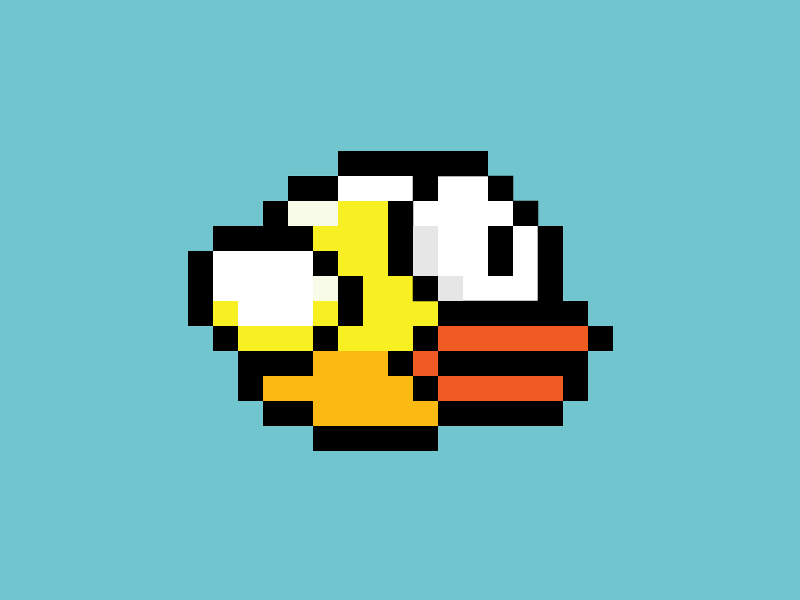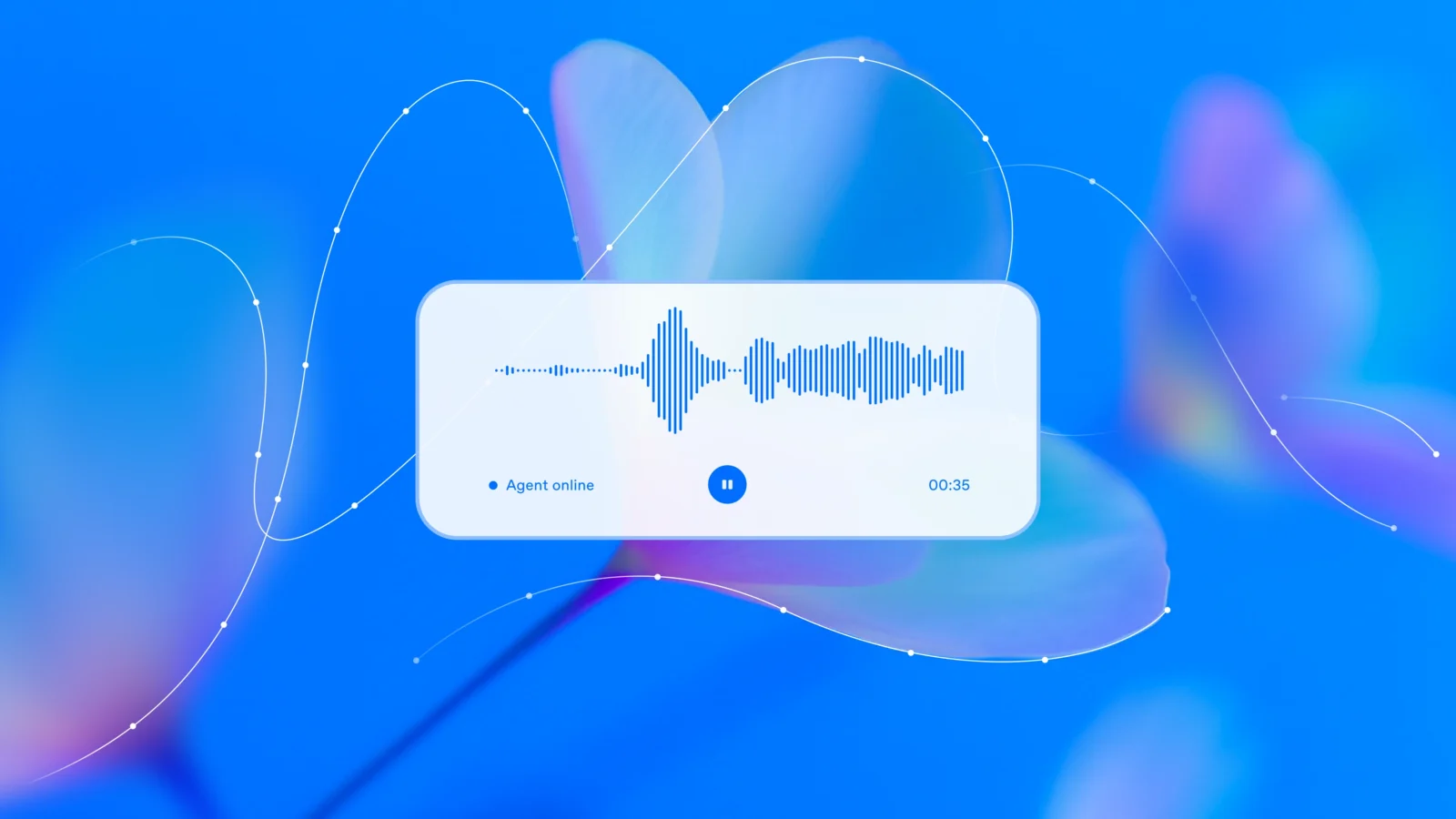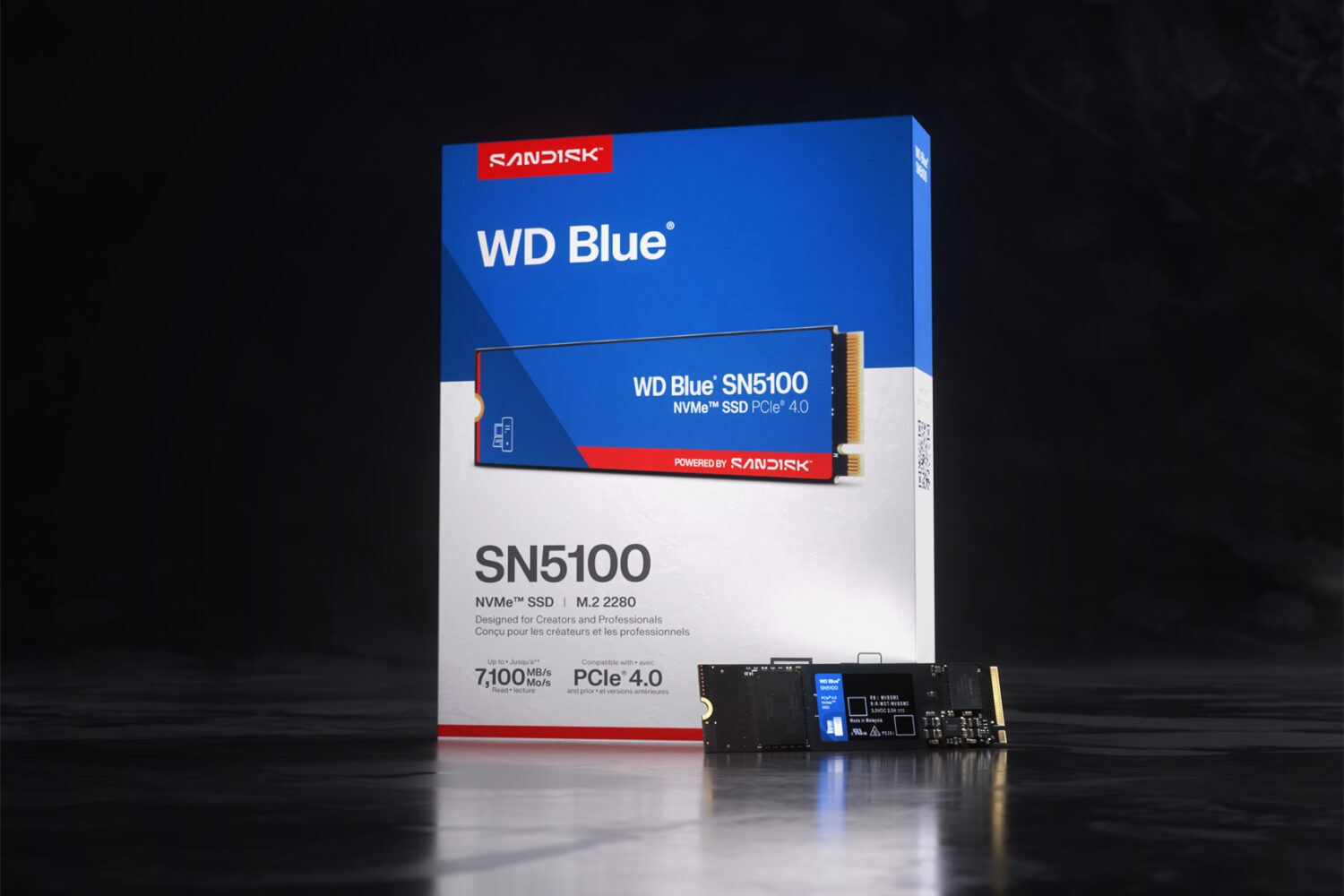The recent news that the iconic mobile game Flappy Bird is making a comeback has been met with mixed reactions, and it seems the original creator, Dong Nguyen, is not among its supporters.
The surprise announcement last week that Flappy Bird would be returning after a decade-long hiatus initially excited fans.However, it soon became clear that the game’s revival is not being spearheaded by Nguyen, but rather by an organization known as The Flappy Bird Foundation.
Nguyen has now publicly expressed his discontent with the situation. In a social media post, he stated unequivocally that he has “no relation” to the new Flappy Bird game and emphasized that he “did not sell anything” and “does not support crypto.”
His comments allude to the somewhat murky circumstances surrounding the game’s revival. Reports indicate that a group called Gametech Holdings LLC filed to terminate Nguyen’s Flappy Bird trademark, subsequently acquiring it for free.This allowed The Flappy Bird Foundation to secure the legal rights to the game. Adding to the controversy, the new Flappy Bird website reportedly contains references to extensive Web3 crypto integration, although it’s unclear whether these are planned features or remnants of abandoned ideas.
Flappy Bird’s meteoric rise to fame in 2013, spurred in part by a review from popular YouTuber PewDiePie, was a double-edged sword for Nguyen. While the game’s success was undeniable, it also brought unwanted attention and pressure. Ultimately, Nguyen made the difficult decision to remove the game from app stores in 2014, citing concerns about its addictive nature and the negative impact it was having on his life.
The return of Flappy Bird, coupled with Nguyen’s public disapproval and the involvement of cryptocurrency, has ignited a complex conversation about intellectual property, the legacy of viral games, and the evolving landscape of the gaming industry.






